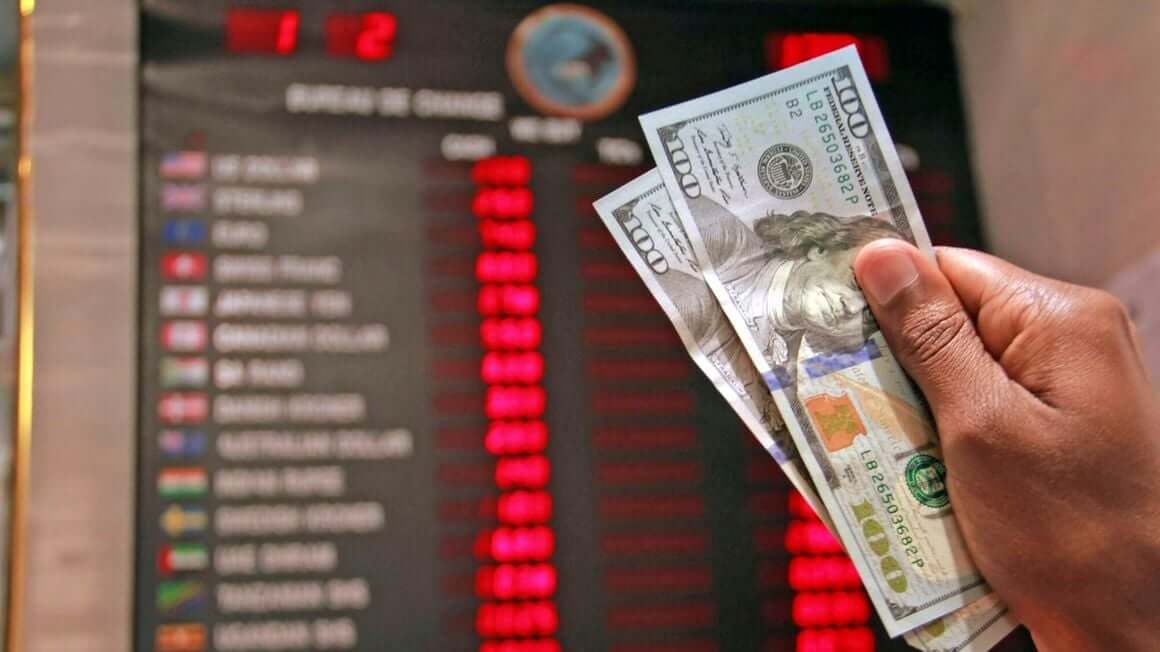East Africa’s top retail banks have cashed in on the scarcity of hard currency, earning $204.91 million (Ksh25 billion) in additional income. This was also attributed to volatile forex market, investment in government securities and the central banks’ contractionary monetary policy to rein in on the soaring inflation.
The five lenders — KCB, Equity, NCBA, I&M and Co-operative Bank — according to their respective financial reports to September 30, increased their combined net profit by 34 percent from ($204.91 million) to Ksh100.65 billion ($825 million) from Ksh75.56 billion ($619.34 million) in the same period last year.
Unaudited financial statements of the lenders show significant growth in forex trading income as regional currencies continue to feel the heat of the appreciating US dollar, surging wheat and fuel import costs.

Russia-Ukraine war
This is mainly as a result of global supply disruptions caused by the on-going military conflict between Russia and Ukraine which broke out in February.
The Kenyan shilling for instance, has lost eight percent of its value against the US dollar in 11 months.
The shilling has fallen to as low as Ksh122 against the greenback in November from Ksh113 in January putting pressure on the country’s stock of foreign reserves that has dropped to below the statutory threshold of four months import cover.
The five lenders — KCB, Equity, NCBA, I&M and Co-operative —with cross-border operations earned a massive Ksh16.79 billion ($137.62 million) in forex trading in nine months to September compared with Ksh3.15 billion ($25.81 million) in the same period last year (2021)
This accounted for a more than fivefold jump in forex returns for the retail banks.
Interest on loans
Comparatively, their earnings from interest charged on loans and advances fell by five percent during the period under review as some lenders such as Equity attempted to cushion customers from high interest rates by maintaining existing rates despite policy hikes by central banks.
“We have endeavoured to cushion members by maintaining the prevailing interest rates despite the challenges highlighted. However, the foregoing market conditions having persisted longer than anticipated, the Bank has had to roll out risk-based pricing to align to the prevailing economic conditions,” Equity said in a circular to customers.
“This is therefore to notify our customers and the general public that the bank shall effective November 24 2022 roll out a risk-based pricing mechanism as approved by the Central Bank of Kenya.”
Reaped the most
NCBA Group — with regional operations in Rwanda, Uganda and Tanzania — reaped the most from forex trading.
The lender earned a huge Ksh5.7 billion ($46.72 million) compared with Ksh450 million ($3.68 million) in the same period last year.
It was followed by KCB Group with ($31.88 million) Equity Group ($26.63 million), I&M Group ($21.22 million) and Co-operative Bank ($11.14 million)
However, NCBA’s earnings from interest on loans and advances declined to Ksh940 million ($7.7 million) from Ksh1.15 billion ($9.42 million) while that of Co-operative Bank fell to Ksh2.43 billion ($19.91 million) from Ksh3.12 billion ($25.57 million).
KCB’s earnings from interest on loans declined to Ksh5.44 billion ($44.59 million) from Ksh7.66 billion ($62.78 million)
I&M Group benefitted the most from its loan book by earning a massive Ksh2.34 billion ($19.18 million) in interest income compared with Ksh380 million ($3.11 million) in the same period last year.
Equity Group’s earnings on loans increased by one percent to Ksh8.9 billion ($72.95 million) from Ksh8.8 billion ($72.13 million).
“Inflationary pressures are likely to lead to CBK to further tighten monetary policy,” according to NCBA.
SOURCE: THE EAST AFRICAN






